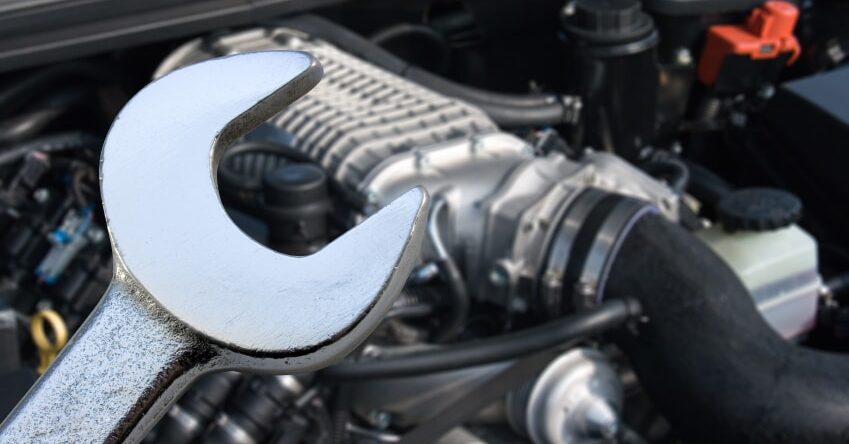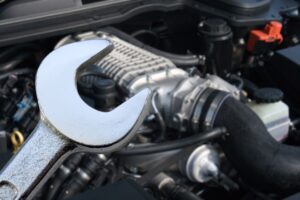
Should I carry an inventory for an auto repair shop?
In a day and age where everything from furniture to groceries can be delivered the same day, the need to carry a large inventory of parts is unnecessary if you have good, well-supplied parts houses within an hour’s delivery of the shop. Carrying a lot of unsold inventory that is slow to move will cut into your profit as there are costs to carry those items. The cost to purchase the item, then store it for months, could eat into the profit you would have made on the part. This is called inventory carrying costs.
Inventory carrying cost is the total of all expenses related to storing unsold goods.
The total includes intangibles like depreciation and lost opportunity cost as well as warehousing costs. A business’ inventory carrying costs will generally total about 20% to 30% of its total inventory costs.
But if you run a high-volume shop with some predictability to the types and years of vehicles you will see on a routine basis. It may be worth carrying some items as it could cut down on waiting times for the parts guy to arrive. These items could include brakes and rotors, struts, common tire sizes, spark plugs, etc. This is especially true if the vehicles you service share the same parts across multiple models and year ranges. For example, if you are always servicing VW and Audi vehicles, it may serve you well to keep some common items like O2 Sensors, ignition items, and fuel injection parts.
Certainly, keeping a supply of oil and lubricants, common fasteners, cleaning supplies like degreasers and brake cleaner on hand is paramount to keeping the workflow moving in the shop regardless of parts. You can buy these items in bulk for the best savings.

PRICES & SOURCES OF SUPPLY
Fight the urge to buy cheaper lever knock-off parts. On occasion, you may be offered a “real deal” on some off-brand parts. However, you’re better off, in the long run, to stay away from such deals. As a rule of thumb, never discount the brand-conscious customer, as it will come back to bite you both in dreaded go-backs and your reputation.

INVENTORY
For example, Bosch, Denso, NGK, and AC Delco are four major name brand spark plug companies. Not all companies provide complete parts coverage for all cars.
The distribution trickle-down for most auto parts is from manufacturer to distributor to jobber to retailer to consumer. Chains can purchase directly from the manufacturer and buy at the lowest possible price. Remember that pricing varies considerably, and it is in your best interest to shop around.
Remember that reliable suppliers offering a good deal on a consistent basis are a real asset to your shop. In your dealings, be firm yet courteous and sincere, and your suppliers will respond accordingly. Have a general idea of cost and delivery date to avoid confusion.
So ultimately, carrying an inventory and the size of that inventory is a personal business decision. There are too many factors to include in one article, such as storage size, vehicles worked on, commonalities in the repair being made, etc. As your shop gets up and running, it is a good business practice to keep an eye on the parts your order routinely and speak to your jobbers to determine if the convenience of having those items on hand all the time beats the price to carry those items for a length of time.

